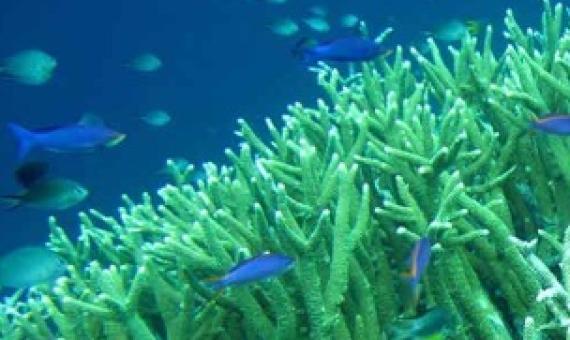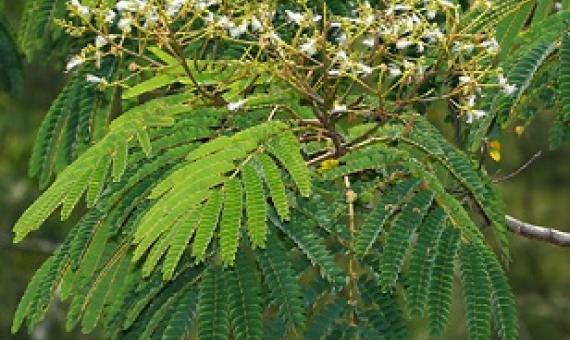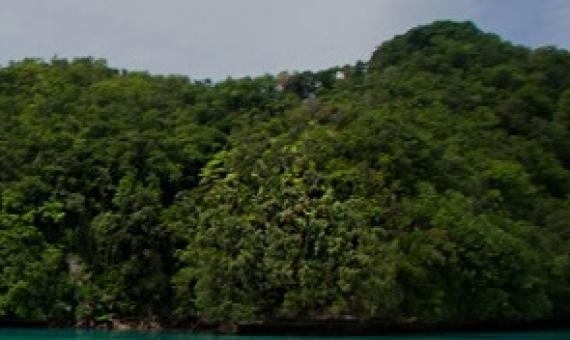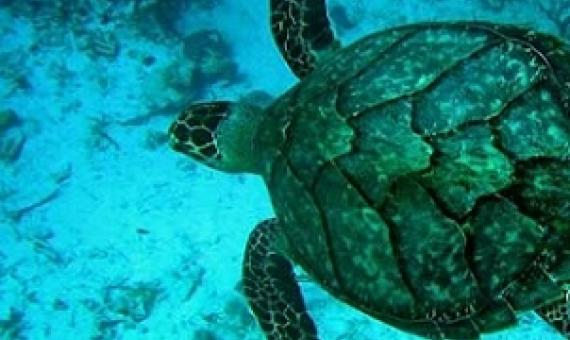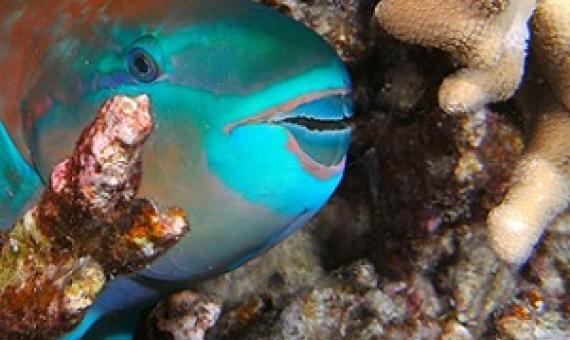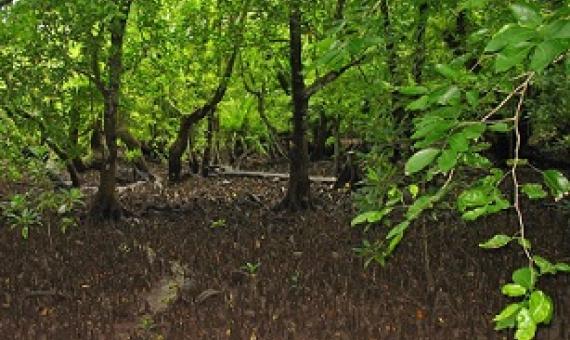Priority areas to protect mangroves and maximise ecosystem services
Anthropogenic activities threaten global biodiversity and ecosystem services. Yet, area-based conservation efforts typically target biodiversity protection whilst minimising conflict with economic activities, failing to consider ecosystem services. Here we identify priority areas that maximise both the protection of mangrove biodiversity and their ecosystem services.

